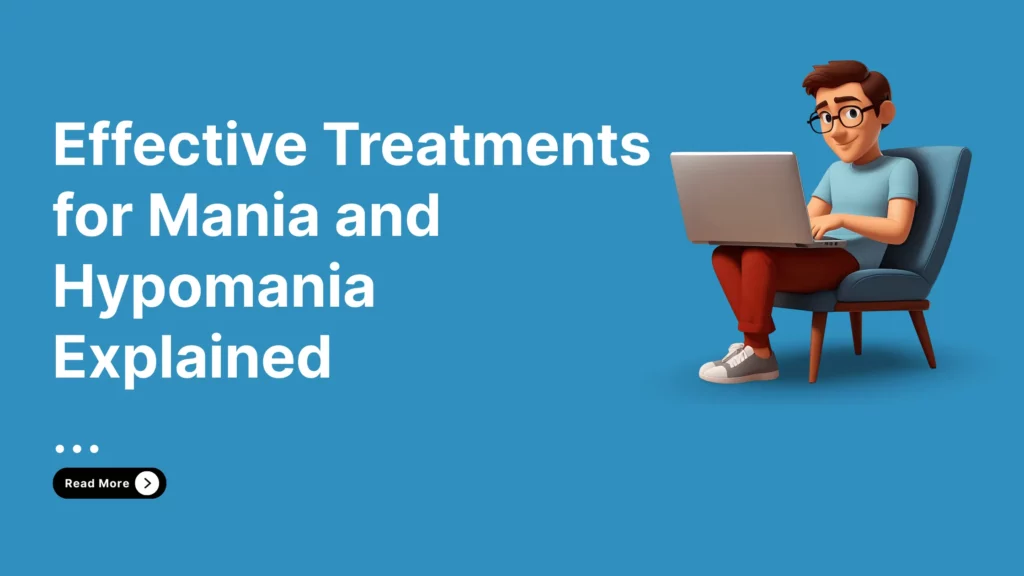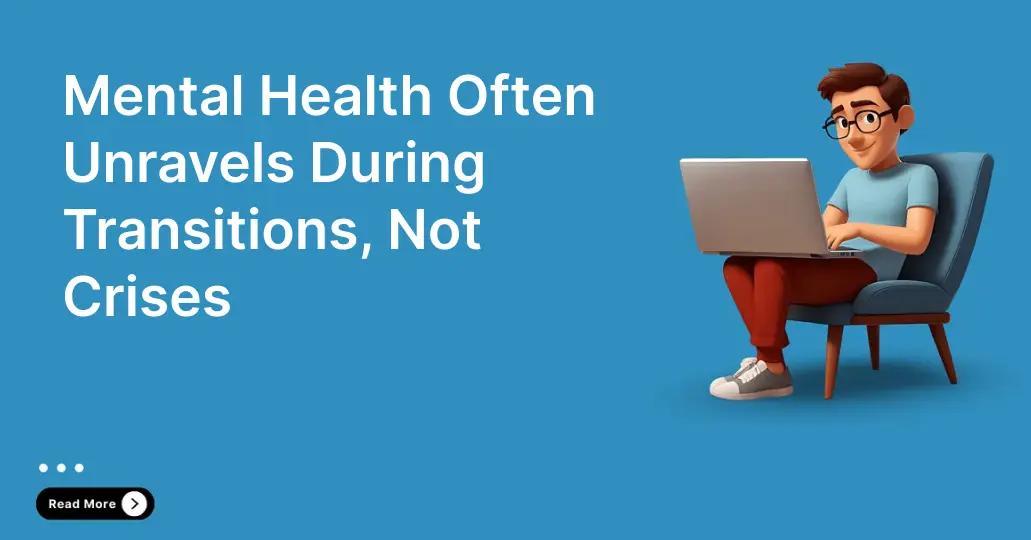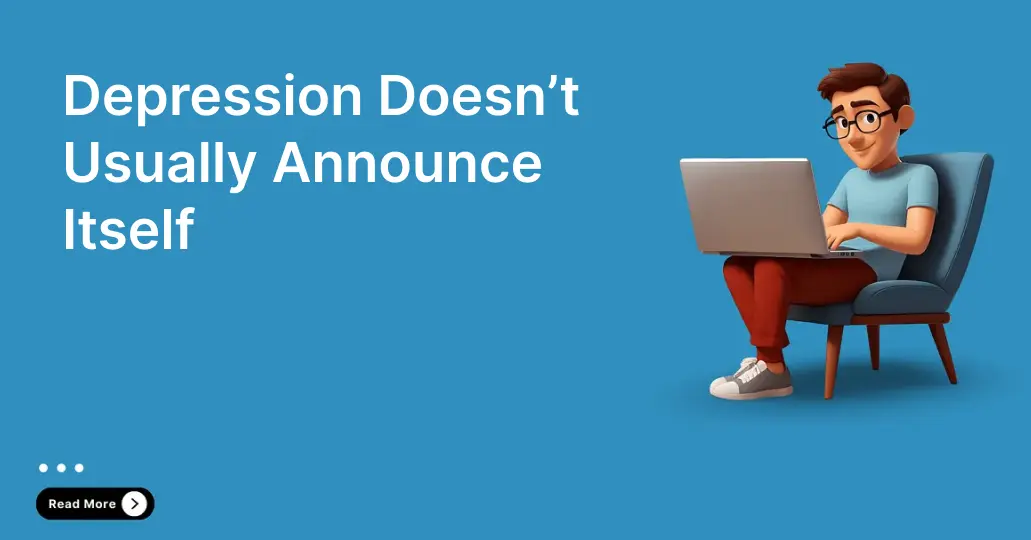

Mania and hypomania are two of the most misunderstood aspects of mood disorders, often glamorized, misdiagnosed, or dismissed entirely, which makes proper treatment for mania difficult to find. In reality, these elevated mood states can disrupt relationships, impair decision-making, and put individuals at risk of serious consequences, including hospitalization or financial ruin.
While hypomania may seem less severe, both conditions require thoughtful, evidence-based care. Understanding the difference between mania and hypomania, and the treatment options available, is essential for managing symptoms and preventing future episodes.
Mania and hypomania are elevated mood states often associated with bipolar spectrum disorders. Although they share similar symptoms, like increased energy, reduced need for sleep, and impulsive behavior, mania is more intense and typically longer-lasting.
Early recognition of these states is critical. Many people enjoy the initial productivity, confidence, or creativity that comes with hypomania, making them less likely to seek help until symptoms escalate.
Delaying care during a manic or hypomanic episode can lead to serious repercussions. Risk-taking behavior, interpersonal conflict, job loss, and substance misuse are common. Seeking treatment for mania or hypomania at the earliest signs can help avoid escalation and stabilize mood.
Treatment is not about suppressing someone’s personality or creativity. It’s about helping individuals regain control, avoid dangerous behaviors, and maintain long-term emotional balance.
Pharmacological treatment is often the first line of defense. While exact prescriptions vary by person, most regimens involve mood stabilizers, antipsychotics, or both.
These medications help regulate highs and lows and are often taken long-term. Common examples include:
Often used during acute manic phases, particularly when psychosis or severe agitation is present. These include:
Choosing the right hypomania medication depends on the person’s medical history, symptom profile, and past response to treatment. Dosage and combinations may change over time.
Every person’s experience of mood elevation is different. Some individuals experience brief, infrequent hypomanic episodes, while others have chronic mood cycling that significantly impacts daily life. That’s why an individualized approach to hypomania treatment is essential.
Treatment plans typically include:
Early signs of hypomania, such as reduced sleep, increased goal-setting, or irritability, should be taken seriously, even if they don’t feel distressing. Timely intervention can prevent escalation into full-blown mania.
Mood disorders are long-term conditions, and treatment plans will likely evolve. What works today may need modification in the future. Regular communication with providers is key, particularly during medication changes, periods of stress, or after life transitions.
It’s also important to track symptoms using mood journals, apps, or check-ins with trusted loved ones. These tools help identify trends and make treatment more proactive.
For some, long-term mania treatment may include periodic hospitalization during crises. For others, consistent outpatient care may be enough to maintain stability for years. Both paths are valid and reflect the flexible nature of recovery. At Gimel Health, a board-certified psychiatrist provides ongoing support and medication management to help patients adapt their treatment plans as life circumstances and needs change.
In addition to clinical interventions, lifestyle plays a major role in managing manic and hypomanic symptoms. Here are essential tips:
Routine, structure, and self-awareness go a long way in preventing relapse and supporting long-term well-being.
Mania and hypomania are not personal failings. They are medical conditions that require care, compassion, and a thoughtful treatment plan. With the right support, people can live balanced, fulfilling lives, even after years of instability or misdiagnosis.
Whether you’ve recently experienced your first hypomanic episode or are seeking better management strategies for chronic mood swings, help is available. Early intervention, combined with medication, therapy, and self-awareness, can dramatically reduce the impact of these disorders on your life.
The path to stability starts with knowledge, continues with action, and thrives through support. You’re not alone, and you’re not beyond hope. Effective treatment is real, and recovery is possible.






Schedule a consultation! Provide your contact information below and we’ll get back to you as soon as we can.
We use cookies to improve your experience on our site. By using our site, you consent to cookies.
Manage your cookie preferences below:
Essential cookies enable basic functions and are necessary for the proper function of the website.
Google reCAPTCHA helps protect websites from spam and abuse by verifying user interactions through challenges.
Google Tag Manager simplifies the management of marketing tags on your website without code changes.
You can find more information in our Cookie Policy and Privacy Policy.